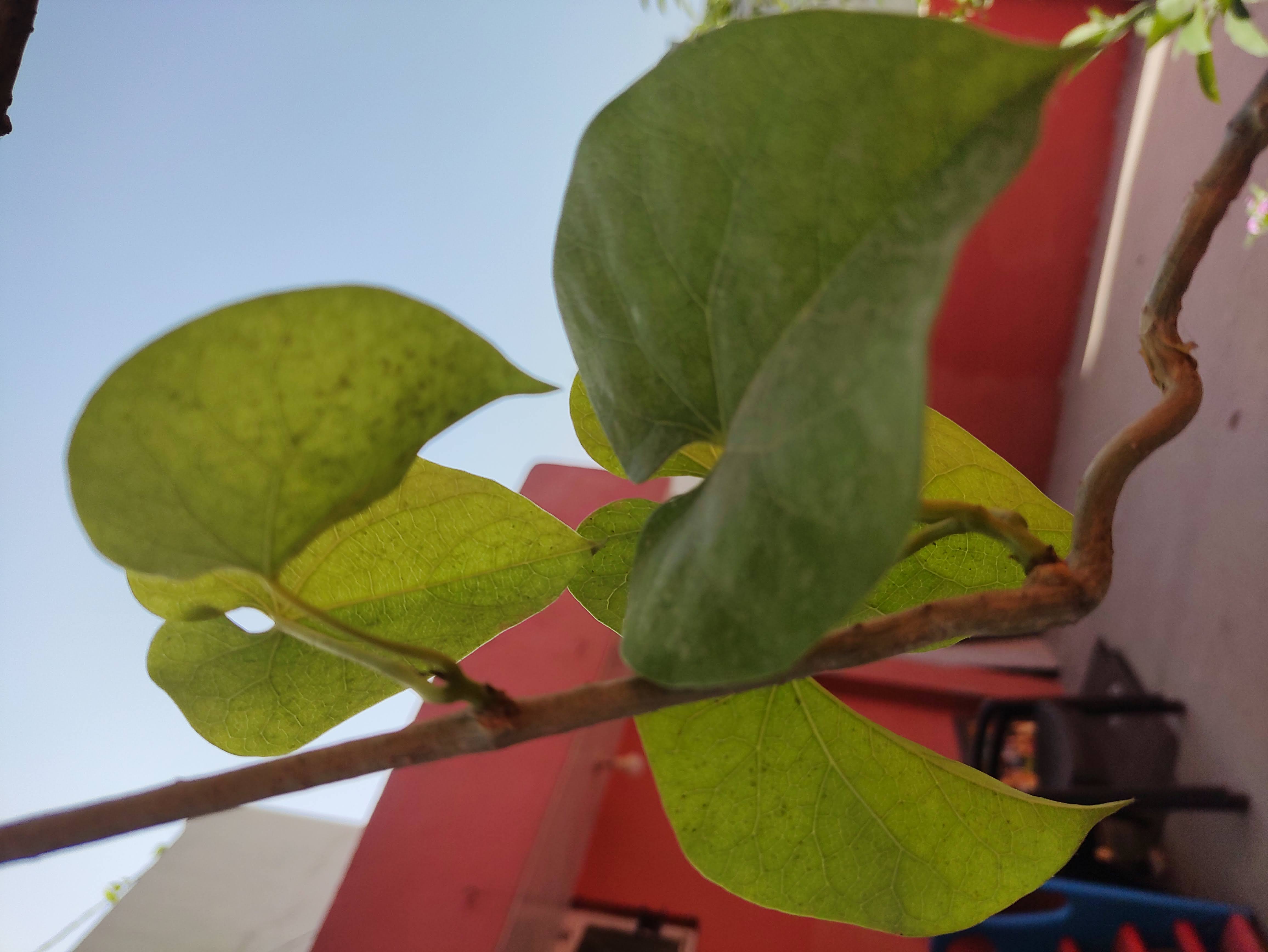India’s rivers, often celebrated as the lifeblood of the nation, are facing an unprecedented threat – pollution. The contamination of these vital water bodies has reached alarming levels, posing a severe risk to both the environment and public health. Here, we delve into the causes, consequences, and urgent need to address the crisis of river pollution in India.
Causes of River Pollution
- Industrial Discharge: Unregulated industrial effluents, often containing toxic chemicals and heavy metals, are frequently discharged into rivers, contaminating water sources and threatening aquatic life.
- Sewage and Municipal Waste: Insufficient sewage treatment facilities and the indiscriminate disposal of municipal waste result in high levels of organic and bacterial pollution in rivers.
- Agricultural Runoff: The excessive use of chemical fertilizers and pesticides in agriculture leads to runoff that carries pollutants into rivers, affecting water quality.
- Mining Activities: The mining industry contributes to river pollution through the release of sediments, heavy metals, and chemical residues into water bodies.
- Deforestation and Soil Erosion: Deforestation and improper land management contribute to soil erosion, leading to siltation in rivers and impacting aquatic ecosystems.
Consequences of River Pollution
- Health Risks: Polluted river water is a source of waterborne diseases, affecting millions of people who rely on these rivers for drinking and bathing.
- Ecosystem Damage: Aquatic life, including fish and other species, suffer due to water pollution, disrupting ecosystems and biodiversity.
- Agricultural Impact: Contaminated water used for irrigation can harm crops and impact food safety.
- Economic Costs: The economic toll of river pollution is substantial, including healthcare expenses, loss of livelihoods for fishermen, and reduced tourism due to degraded river ecosystems.
Efforts to Combat River Pollution
- Regulatory Measures: The government has enacted laws and regulations, such as the Water (Prevention and Control of Pollution) Act and the National River Conservation Plan, to combat river pollution.
- Sewage Treatment Plants: The construction and upgrading of sewage treatment plants are ongoing to treat domestic sewage before it reaches rivers.
- Industrial Compliance: Stricter enforcement of pollution control measures and wastewater treatment in industries is essential.
- Public Awareness: Raising public awareness about the consequences of river pollution and the importance of responsible waste disposal and conservation is crucial.
The Way Forward
Addressing river pollution in India requires a multifaceted approach involving government agencies, industries, communities, and individuals. Stringent enforcement of environmental laws, investment in sustainable waste management and sewage treatment infrastructure, and promoting eco-friendly agricultural practices are vital steps. It’s imperative that India’s rivers, which have nourished its culture and civilization for millennia, are restored to their pristine glory for future generations to cherish and rely upon.
![]()


